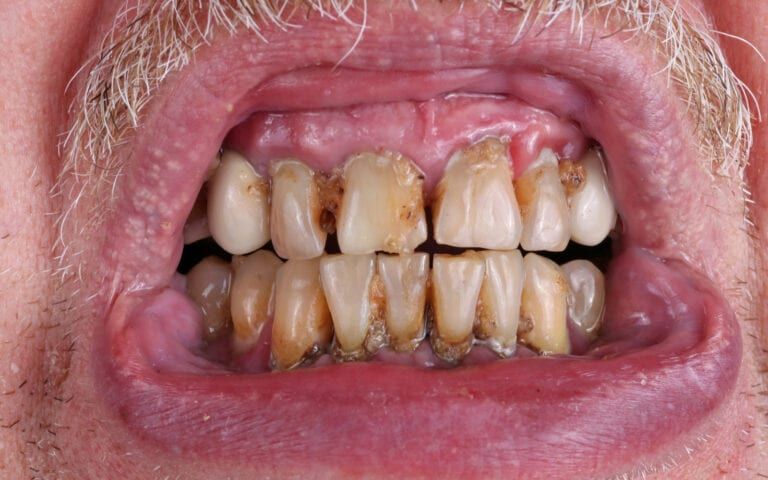When it comes to understanding how our body works, we’re only just getting started. Our complex immune systems, cell development and division, and our body’s internal microbiome has given us many opportunities to explore how we respond to environmental changes throughout our lives. For dentists, our oral health is an essential component of our overall health. However, this growing body of knowledge has also revealed that certain types of cancers become a higher risk when faced with oral health problems such as periodontal disease.
Periodontal disease, known as the most advanced stage of gingivitis, can lead to many issues, including gum recession, tooth decay, and jaw bone loss. However, research has also revealed that gum disease can lead to a higher risk of certain cancers. Reducing your risks is vital to improving your health, and here, we’re going to look deeper into this research and present to you why it’s important to seek treatment.
How Periodontal Disease May Lead To Cancer
Gingivitis is considered the first stage, where the gums begin to inflame and are tender to the touch. These swollen gums bleed easily and make brushing and flossing difficult. However, poor brushing habits and other dietary health problems can cause gingivitis to worsen, leading to gum disease and eventually periodontal disease. As the most severe case of gingivitis, the periodontal disease presents other various risks besides hurting your dental health.
Studies from the journal Cancer Epidemiology, Biomarkers & Prevention cite that older women with gum disease have a higher risk of breast, lungs, esophagus, and melanoma cancers. Other studies from the Journal of the National Cancer Institute report that those with severe periodontal disease are at a 28% risk of developing cancer compared to those without periodontal disease. However, many other factors besides cancer can come from having periodontal disease, and for women especially, periodontal disease may also be caused by conditions, including:
- Hormonal Problems
- Heart Disease
- Respiratory Diseases
- Diabetes
Periodontal disease can also increase the potential risk of having these conditions because, in truth, not all gum disease is equal. However, the link between periodontal disease and cancer is still being explored. There is no strong enough recommendation yet to screen patients for cancer for those who’ve previously had a periodontal disease diagnosis. The only way to truly prevent these issues from occurring is to adjust to these risks, including quitting smoking, limiting alcohol intake, visiting the dentist, and practicing good oral care.
The Best Ways To Prevent Periodontal Diseases
Practicing good hygiene through brushing and flossing your teeth is one of the most assured ways to prevent periodontal disease. It allows you to wash away harmful bacteria that can get into the gums and cause inflammation. If you believe you have periodontal disease and have been practicing good oral hygiene, speaking with your dentist about your issues is the best place to begin. They’ll be able to inform you about their treatment options best.




